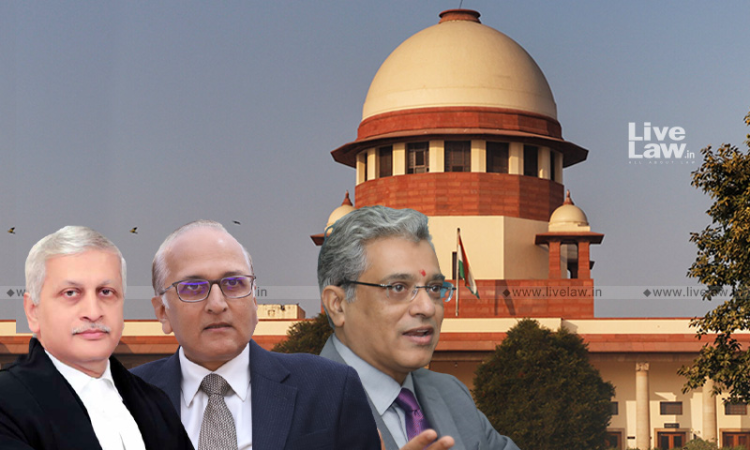Compassionate Appointment Policy Cannot Discriminate Against 'Illegitimate' Children Of Deceased Employee: Supreme Court
Ashok KM
24 Feb 2022 6:00 PM IST

Next Story
24 Feb 2022 6:00 PM IST
The Supreme Court observed that a compassionate appointment policy cannot discriminate against a person only on the ground of descent by classifying children of the deceased employee as legitimate and illegitimate. Exclusion of one class of legitimate children would fail to meet the test of nexus with the object, and it would defeat the purpose of ensuring the dignity of the family of...
